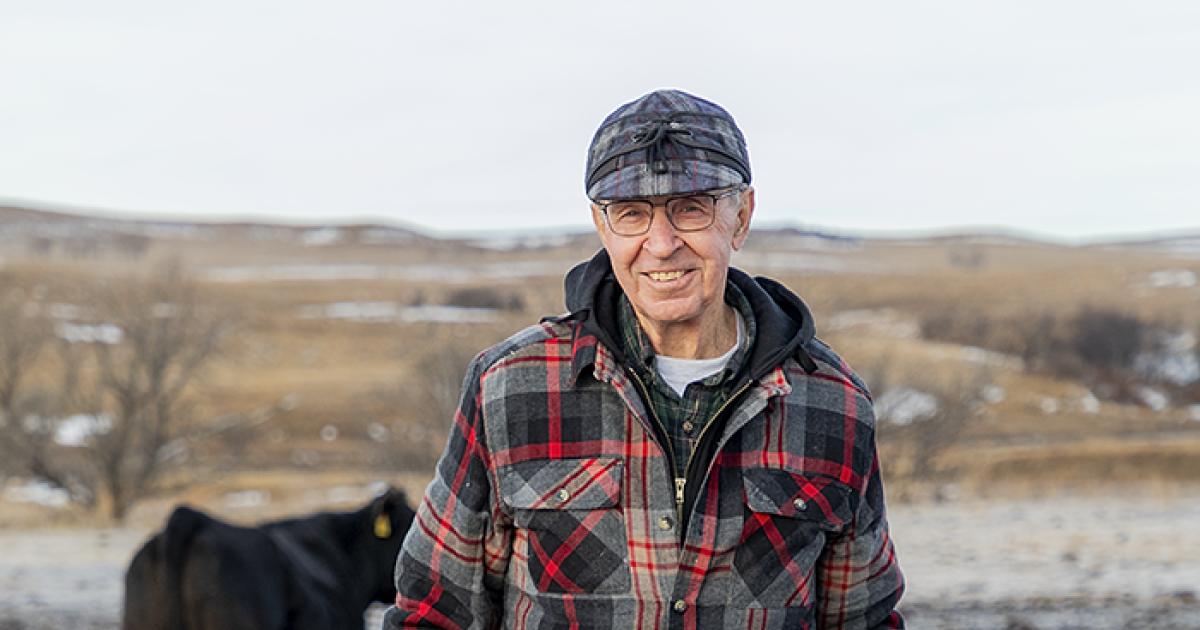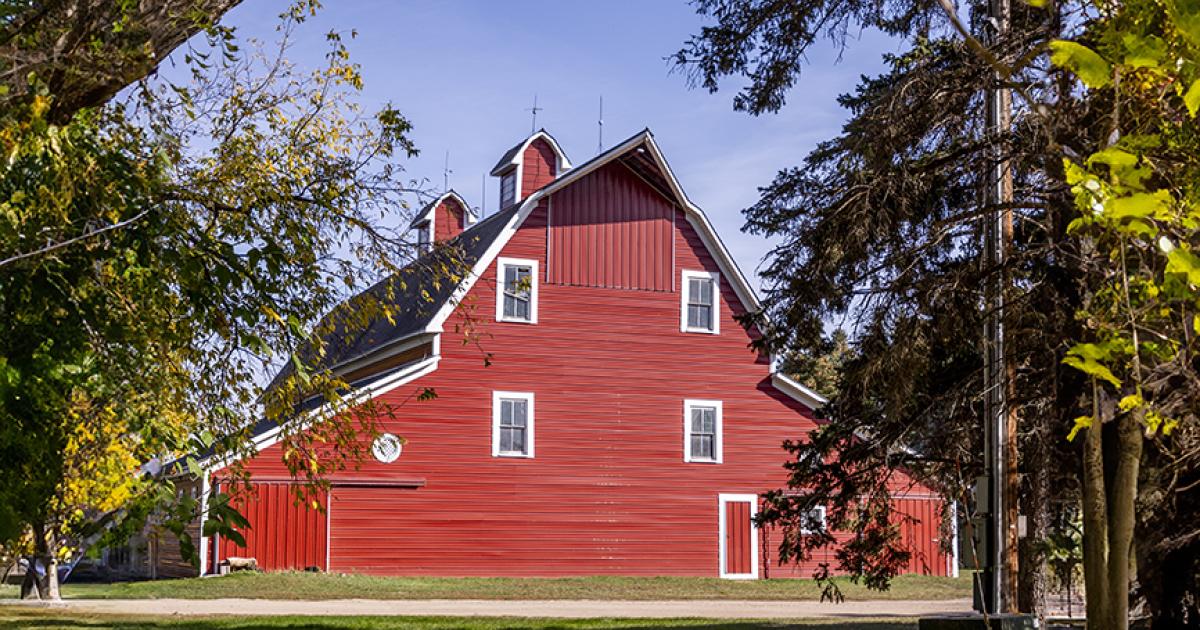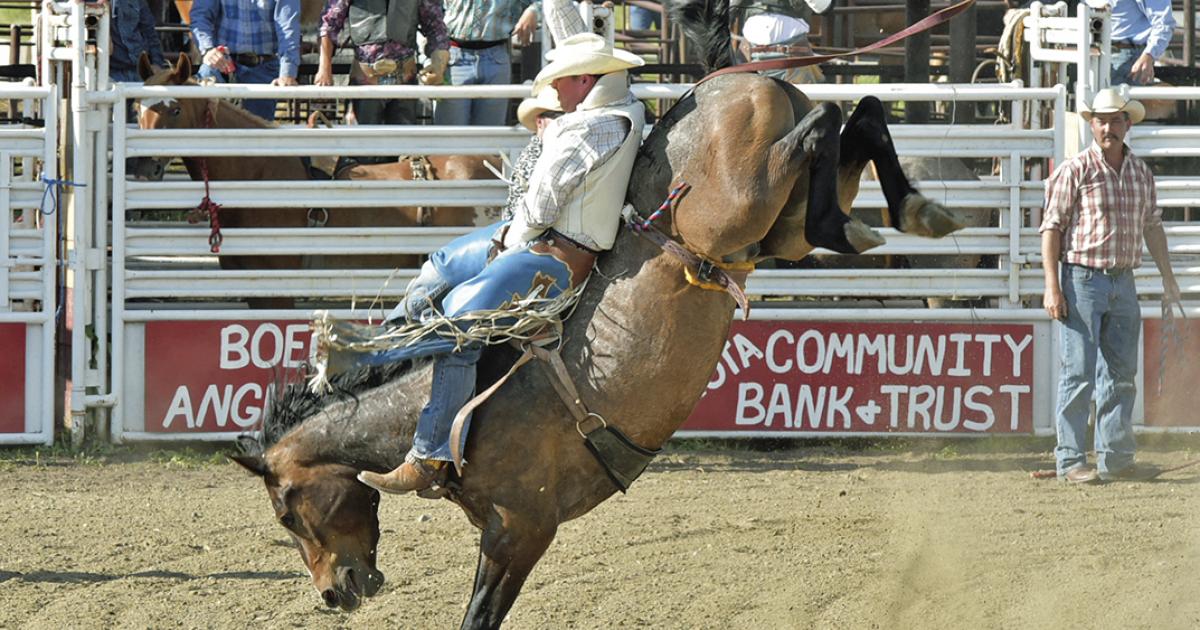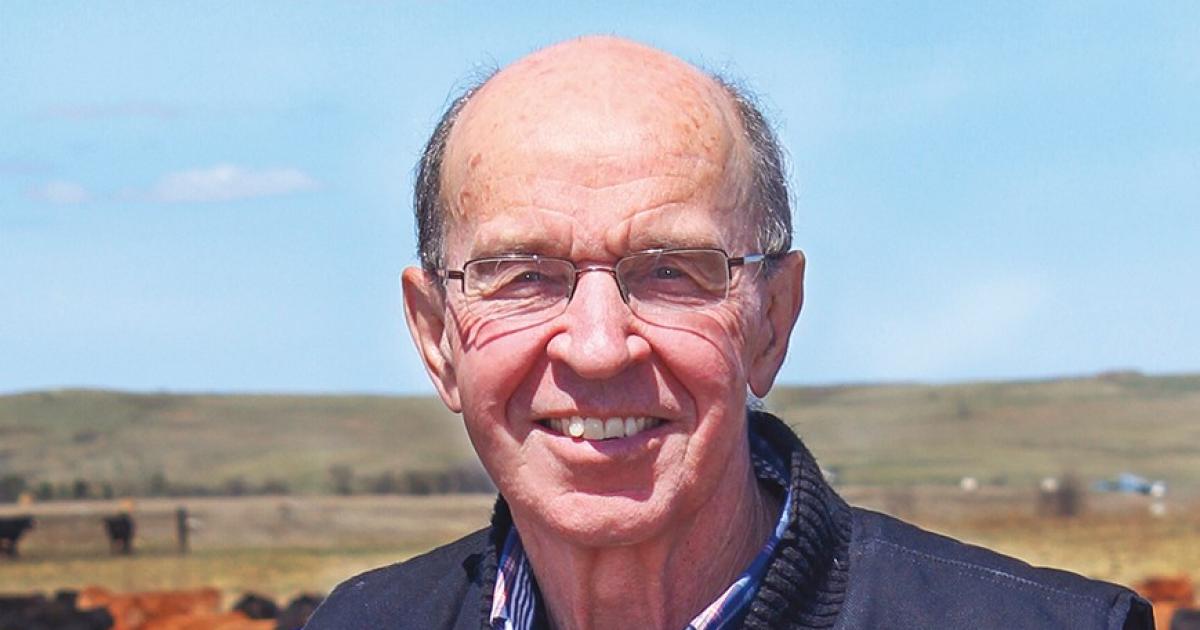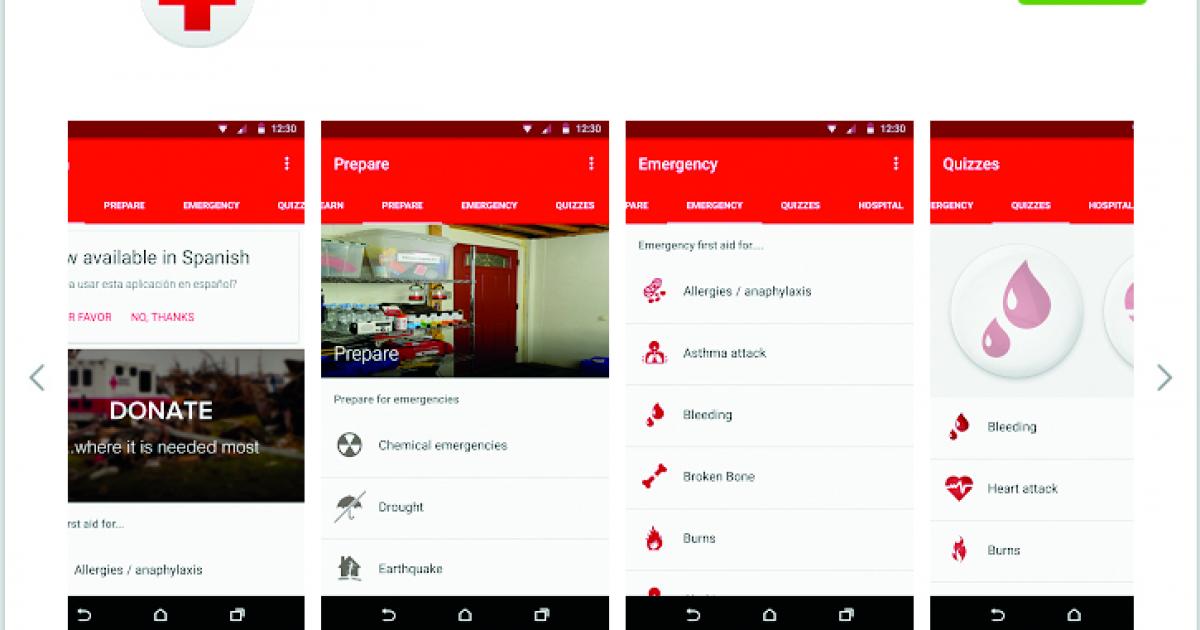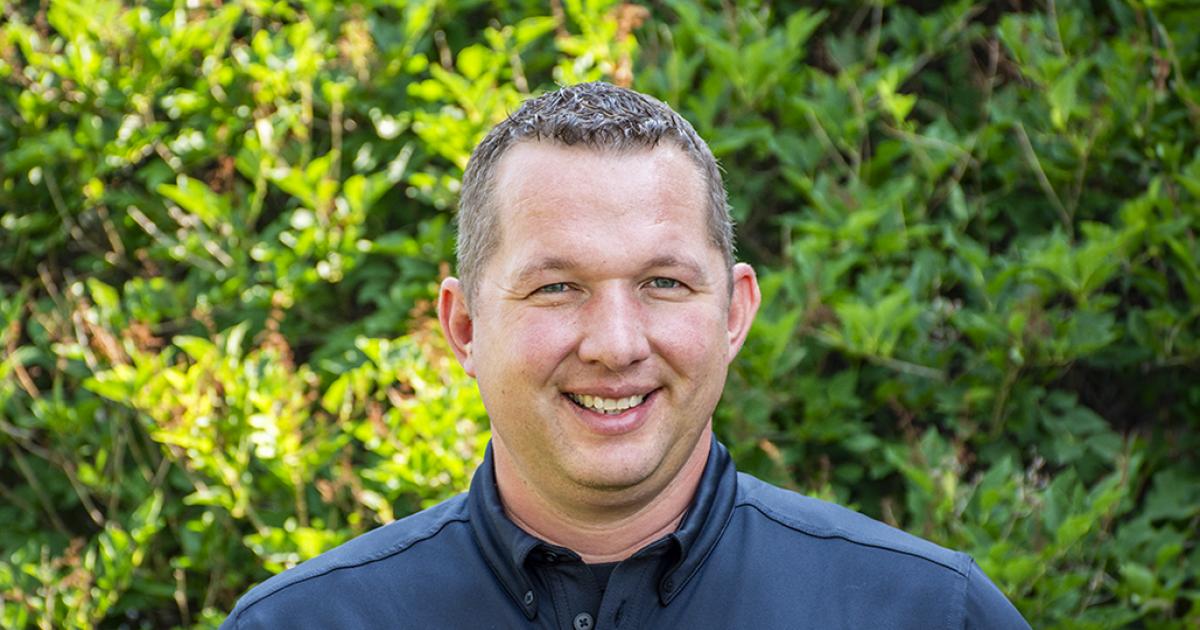I recently read an article in which a large national food distributor proclaimed its “big step” toward reducing its carbon footprint.
This company, to remain nameless, declared it would maximize supply chain efficiencies and make significant progress toward its environmental, social and governance (ESG) goals by dramatically reducing its fleet mileage.
“When food is traveling fewer miles, everyone wins,” the company said.
Sounds good, right? Everyone wins! Or do we?
Hold that thought.
I recalled another news story around this same time from another food distributor that had informed its customers – in this instance, 104 of North Dakota’s most rural school districts – it would no longer be serving their locations, citing warehouse worker shortages and difficulty finding drivers to deliver to these rural, out-of-the-way places.
Hmm.
I wondered, “Might these companies be dealing with the same set of issues?” One, however, is attributing its decision to reduce miles as being “good corporate stewards,” while the other, being a bit more forthcoming, cites the challenges of serving rural places.
Look, I get it. Tough business decisions need to be made from time to time. Electric cooperatives, and those of us from rural places, know delivering products to and from our communities is often more costly and difficult.
So, where’s the rub? (Or, I suppose you could call it a rant.)
Here it is: I am growing increasingly concerned with this rush to jettison rural places, and using ESG goals, or weaknesses in the supply chain, as a means to justify a corporate decision.
I don’t believe the issues being experienced in our supply chain are a direct result of pandemic impacts. Sure, the pandemic accelerated what was already in motion, but the current issues are rather a result of decades of market concentration and a dismantling of local food and supply systems.
Now is the time to build rural America, not leave it behind. It’s time to invite corporate leaders, special interest groups and policymakers, urban and rural, into our lives and our communities. It’s time to have the hard conversations about real issues that affect real people, setting aside sound bites and feel-good jargon. What we need are real, long-term, just, reasonable solutions that recognize the important role rural America plays in advancing our nation’s food and energy goals.
Rural issues are naturally complex. Solutions don’t come easy. But when they do, rural people are always at the table.
As rural people and organizations that advocate for rural people, industries and places, we must never forget we are stronger together. There is always room to pull up another seat to the table.
As electric cooperatives, we remain committed to serving those out-of-the-way places. To serving the last mile. To serving, we like to say, “the member at the end of the line.”
Josh Kramer, editor-in-chief of North Dakota Living, is executive vice president and general manager of NDAREC. Contact him at jkramer@ndarec.com.



